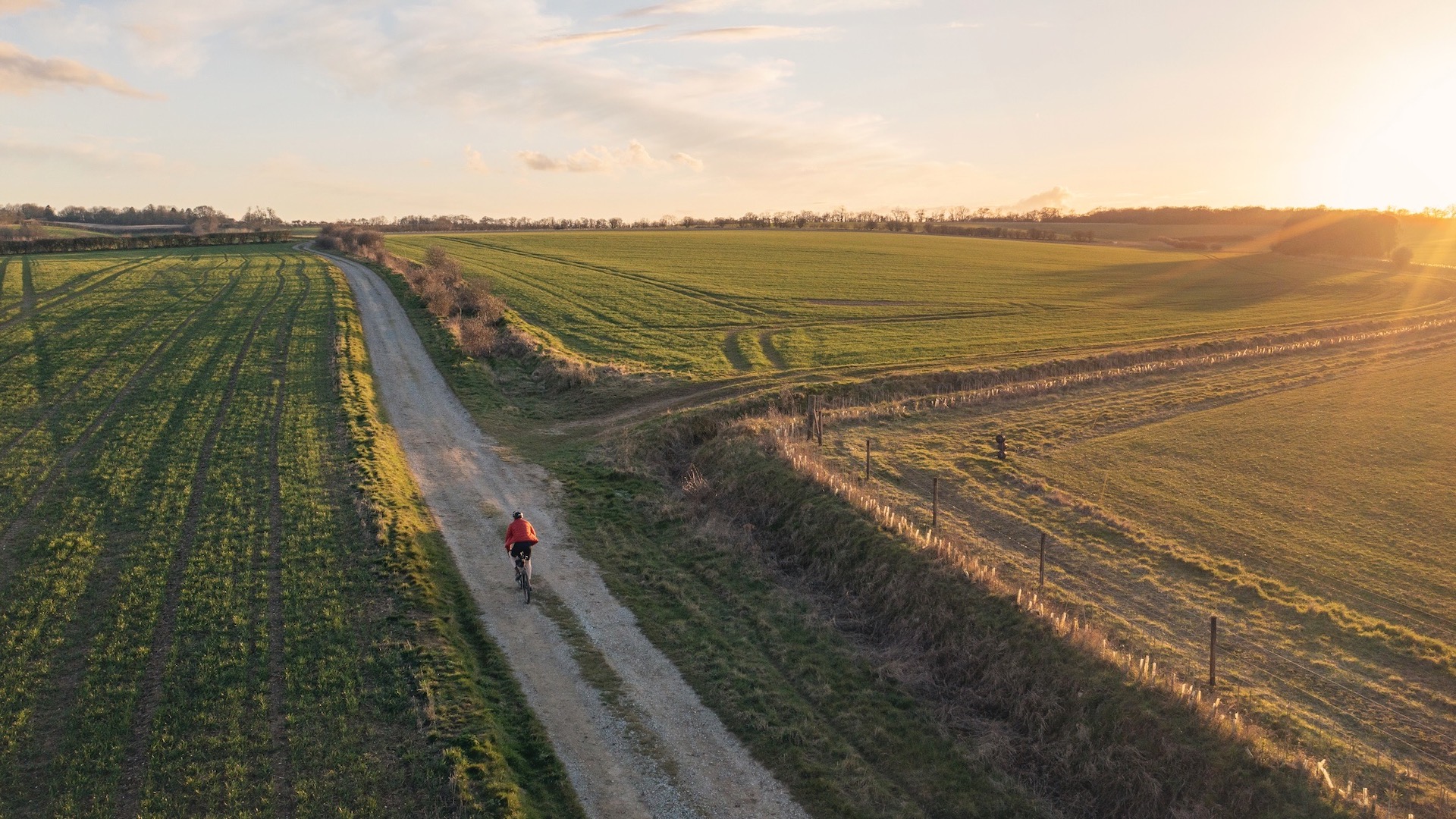
There is plenty to plan for a bikepacking adventure, including your route, checking the weather forecast, clothing, equipment, food, water and where you will stay.
Wherever you hope to ride and camp, there are some important principles to follow so that you reduce your impact of human activity on the environment.
Nicole Franco, of e-cycle and accessories retailer Velotric, points to seven principles of “Leave No Trace”.
She says: “The seven principles of ‘leave no trace’ provide an easily understood framework of minimum impact practices for anyone visiting the outdoors.
“Although Leave No Trace has its roots in backcountry settings, the principles have been adapted so that they can be applied anywhere – from remote wilderness areas, to local parks and even in your own garden. They also apply to almost every recreational activity and that include bikepacking.
“Each principle covers a specific topic and provides detailed information for minimising impacts.”
7 principles of Leave No Trace
Leave No Trace is an initiative that pioneers science and provides proven, research-based solutions for the protection of the natural world. The organisation does this through education, research and science to help people to care for the outdoors.
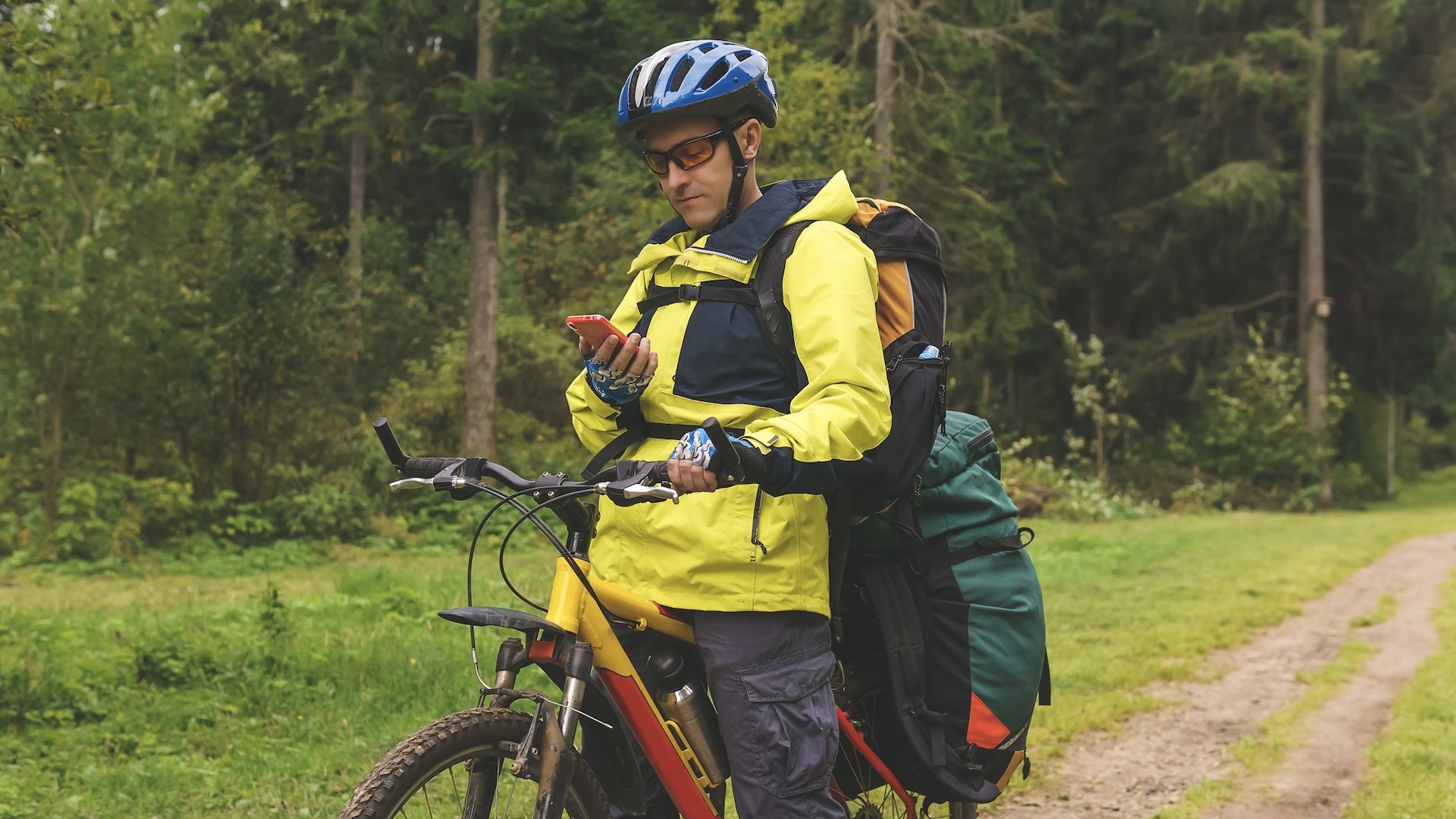
Plan ahead and prepare
By identifying the aims of your trip, where you’ll go, the routes you’ll take, where you will stay or camp, plus the skill level of the participants, you’ll ensure you can maximise the aim of leaving no trace.
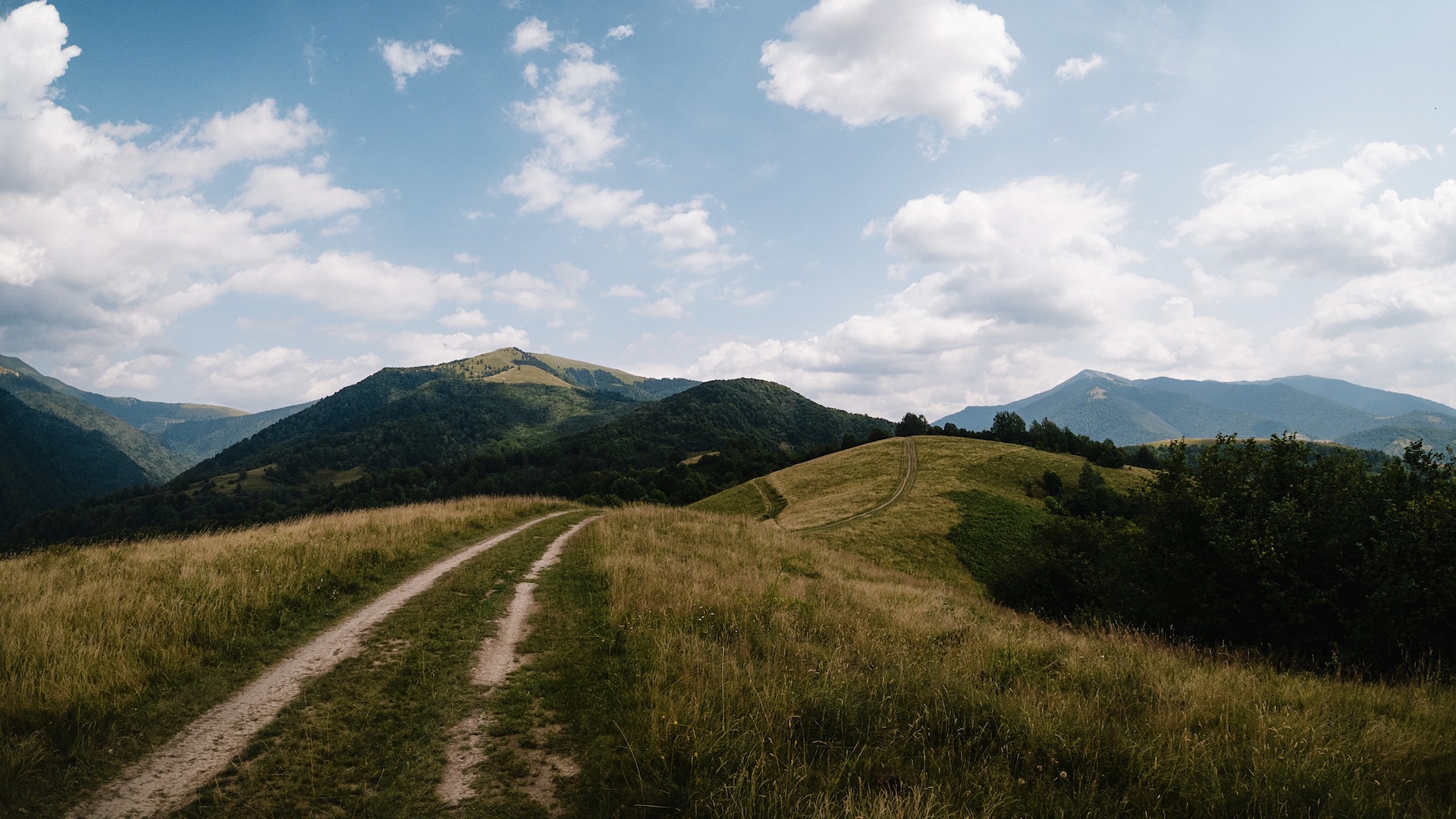
Travel and camp on durable surfaces
The goal of Leave No Trace is to travel in the outdoors - whether on foot, by bike or water craft – and avoid damage to the land or waterways.
Damage might occur when surface vegetation or communities of organisms are trampled over or ridden on and can’t recover.
The best plan it to stick to roads or well-made paths and tracks when bikepacking. Although there is still an impact of manmade trails on the environment, it’s better to have more people sticking to paths and tracks through the countryside the to have people wandering randomly.
Dispose of waste properly
Waste includes human waste and waste products. It is important you know how to poop and pee responsibly in the great outdoors.
For other forms of waste there is a mantra: “Pack it in, Pack it out”. In other words, take home all that you take with you.
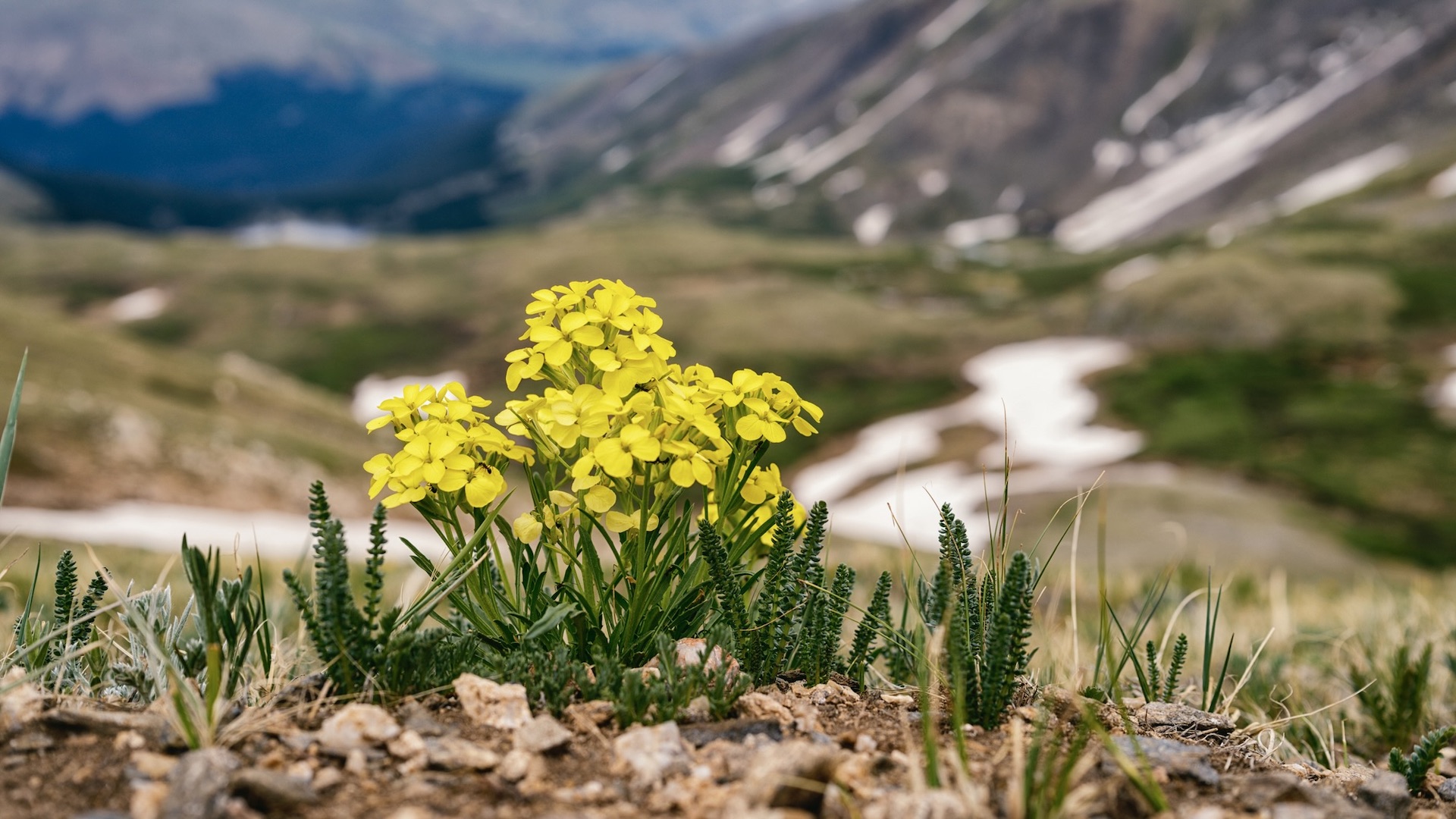
Leave what you find
When bikepacking you’ll come across some amazing natural sights, landscapes and attractions. Make sure you leave areas as you found them. Do not dig trenches for tents or construct lean-tos, tables, chairs or other rudimentary improvements.
If you clear an area of surface rocks, twigs or pine cones replace these items before leaving.
Think about the concept that good campsites are found and not made.
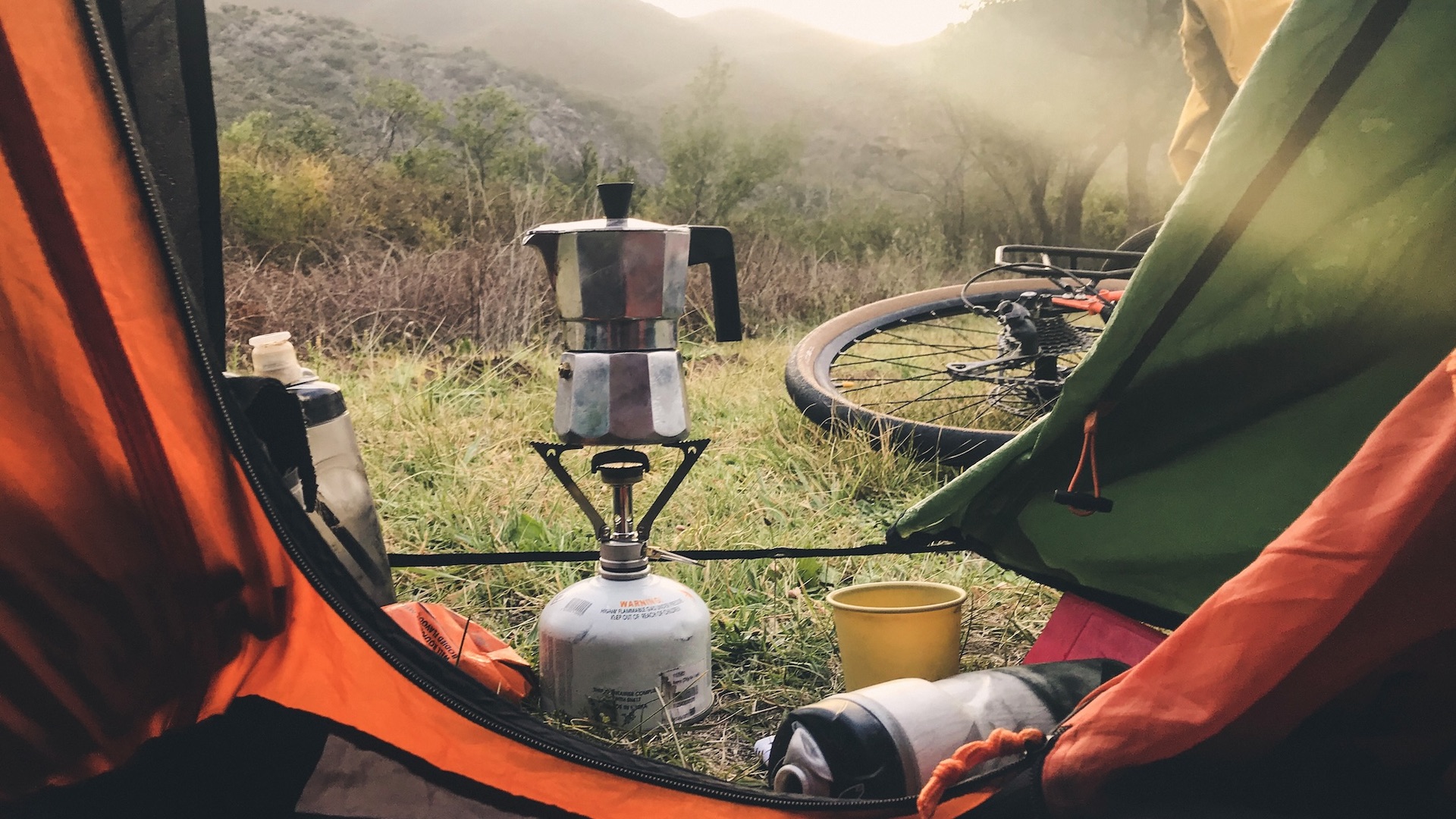
Minimise campfire impacts
While campfires were once seen as a necessity for cooking and warmth while camping, especially wild camping, these days the better option for cooking and warmth is a stove.
Fires can so easily damage the environment and they have the potential to cause devastating wild fires.
Instead, when bikepacking take a camping stove. It's lightweight, efficient and leaves no trace.

Respect wildlife
You should not disturb wildlife or plants just for a “better look". Observe wildlife from a distance and try not to do anything that causes animals to be scared or flee.
Give wildlife extra space during sensitive times like winter, mating season, and birthing season.
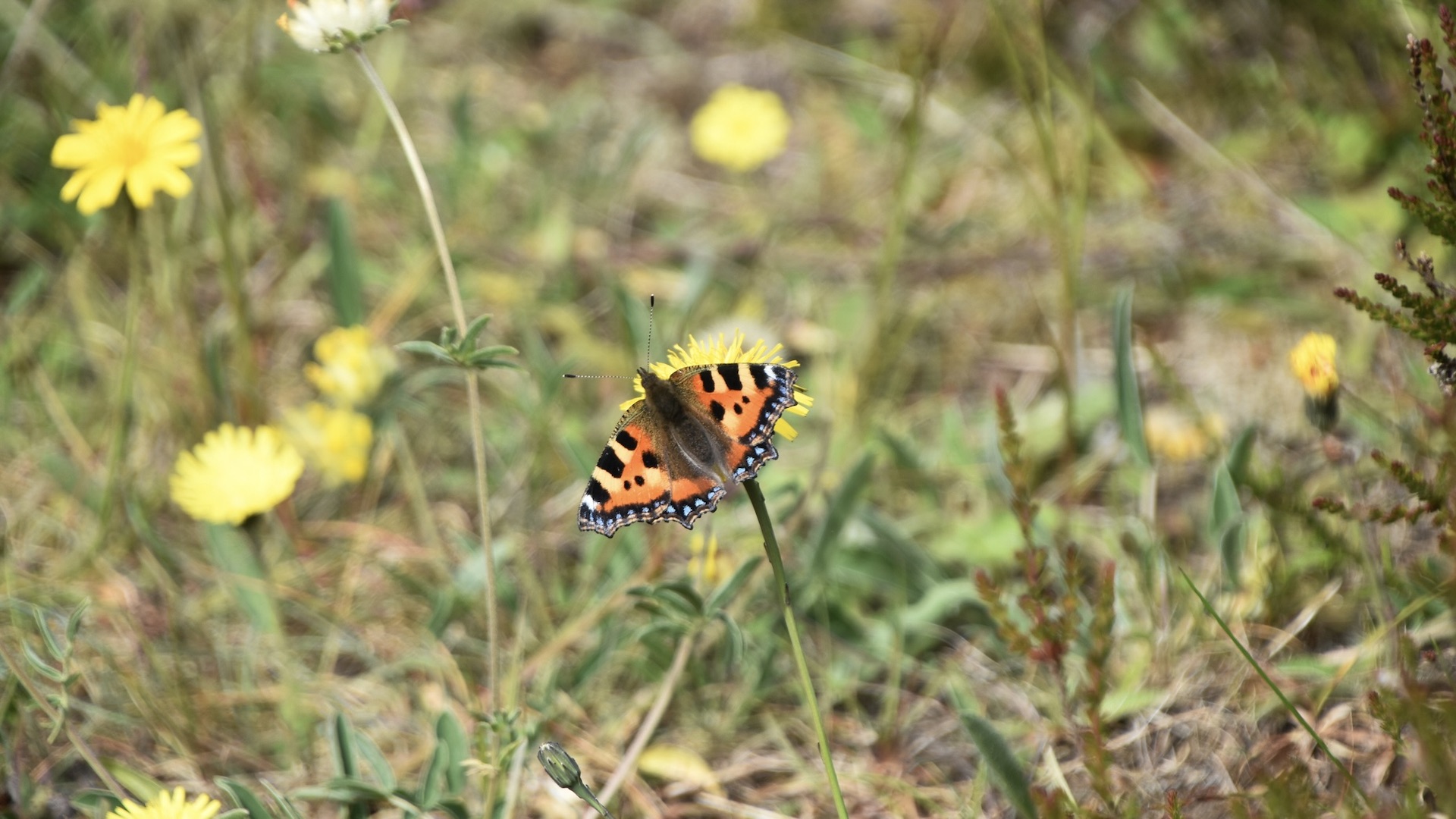
Be considerate of other visitors
One of the most important components of outdoor ethics and “leave no trace” is to be respectful of others. Many people arrive in the outdoors to enjoy being in the peace and quiet of nature.
Excessive noise, damaged surroundings or riding you bike inconsiderately will reduce the enjoyment of other people.
Now you can enjoy the best Leave No Trace bikepacking trip.







